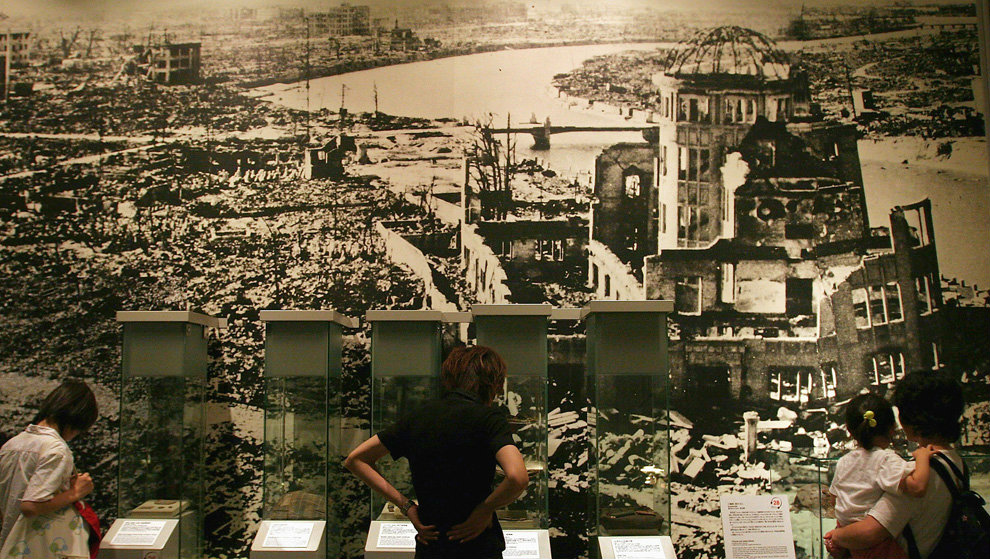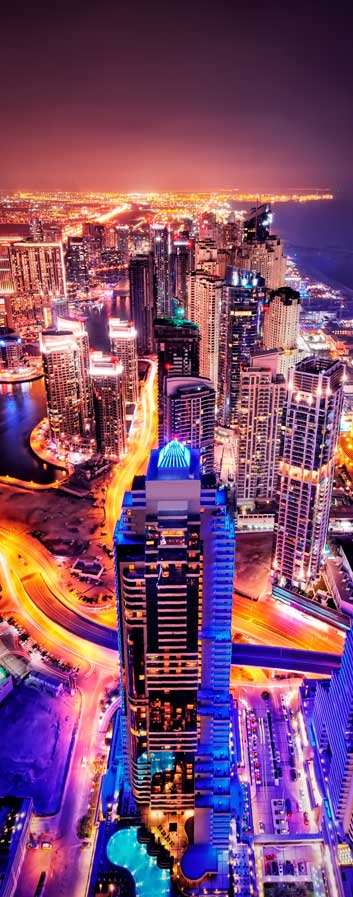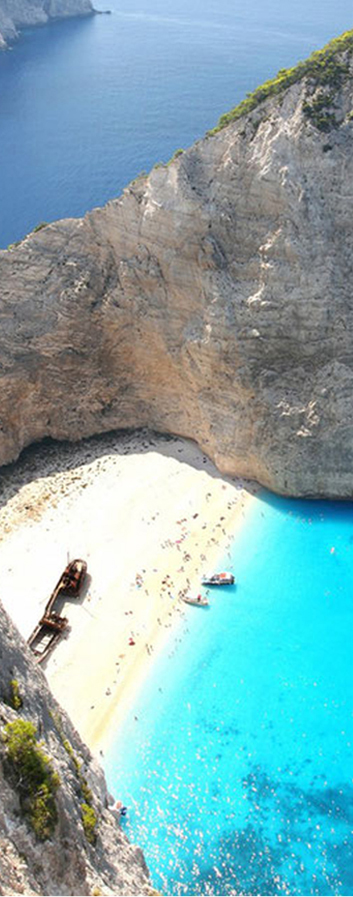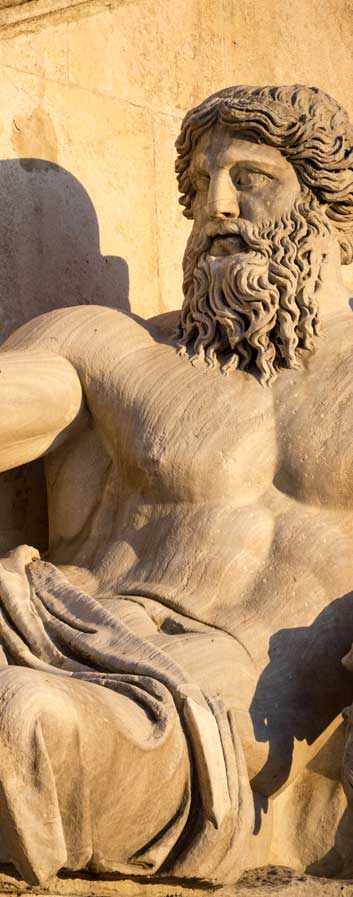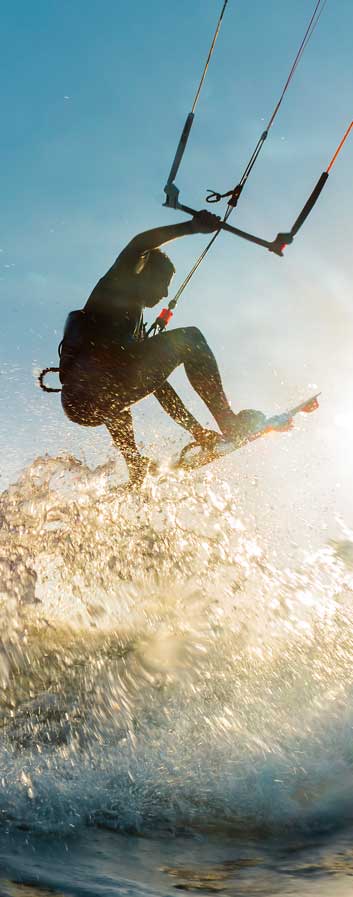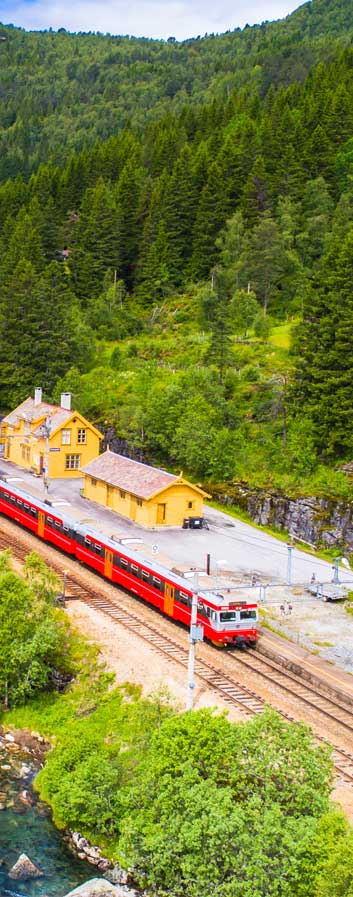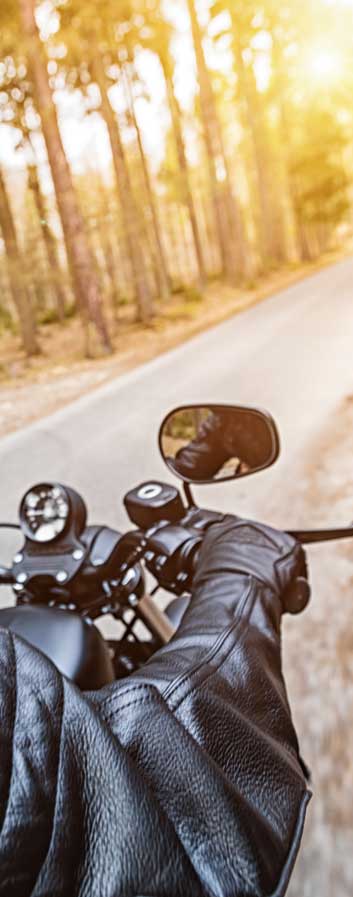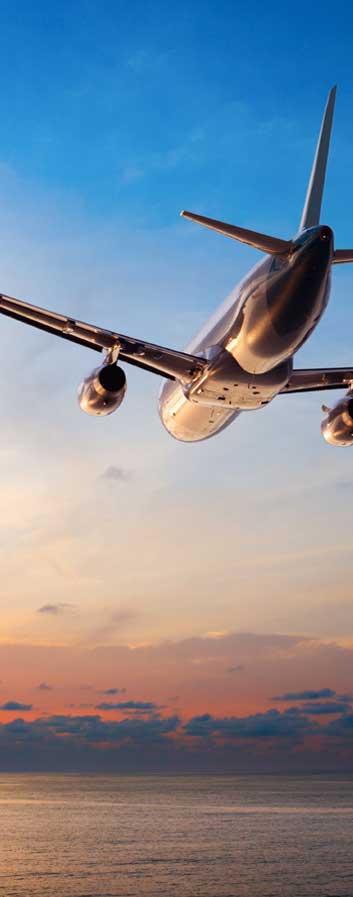Other Museums
The great painters’ works, the modern arts, and historical exhibitions – when you would like to come in touch with the arts in Hiroshima, we have several museums in and out of city too. When visiting the Treasure Hall in the Miyajima Island, you can see many kinds of treasures which were made in the old times. The museum that the number of visitors is the number one in Hiroshima-city may be Hiroshima Peace Memorial Museum in the Peace Memorial Park, and you can see a lot of exhibits about the atomic bomb there. There are many other museums for coming in touch with arts and exhibitions in Hiroshima prefecture.
This museum introduces the "history of Kure" which represents the modern Japanese history after Meiji era, and each kinds of "science technology" including shipbuilding and iron manufacture industry, focusing on the effort of our ancestors and their life/culture. Inside the building, the 1/10 scale battleship "Yamato" is exhibited. The bottle plane on the zero-type ship at the large resource room, the manned torpedoes called "Kaiten" (a suicide weapon), and the submersible research vehicle called "Kairyu"are all actual artifacts. The submersible research vehicle "shinkai" is displayed in the outside. A lawn Park and a park designed with a same size of "Yamato" are installed at the place.
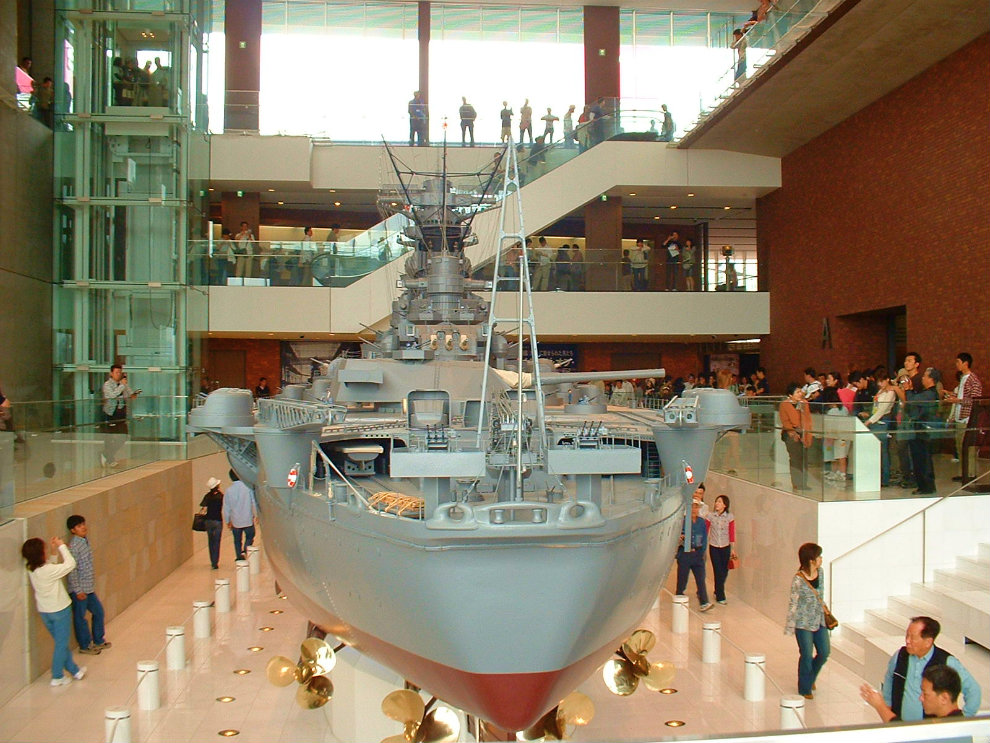
This glass museum has great selections of glass, from precious ancient glasses of the B.C. 15th century to the glasses, which were used on a daily basis from Edo era to early Showa era, is exhibited. There is Modern World Glass Art Museum exhibiting the artworks performed by glass-craft artists of the world, and other types of museum like World Beads Museum, Glass Castle, World Glass Museum, and some restaurants are there. You can experience various glass makings, including a muddler making in using a gas burner, sandblast, hand gravure, glass blowing, stained glass, and Shippo-yaki. At beads shop, the product lineup consists of more than 10,000 kinds of beads, known as one of the largest beads shop in the country. They have some other collections of beads related to fancy works.
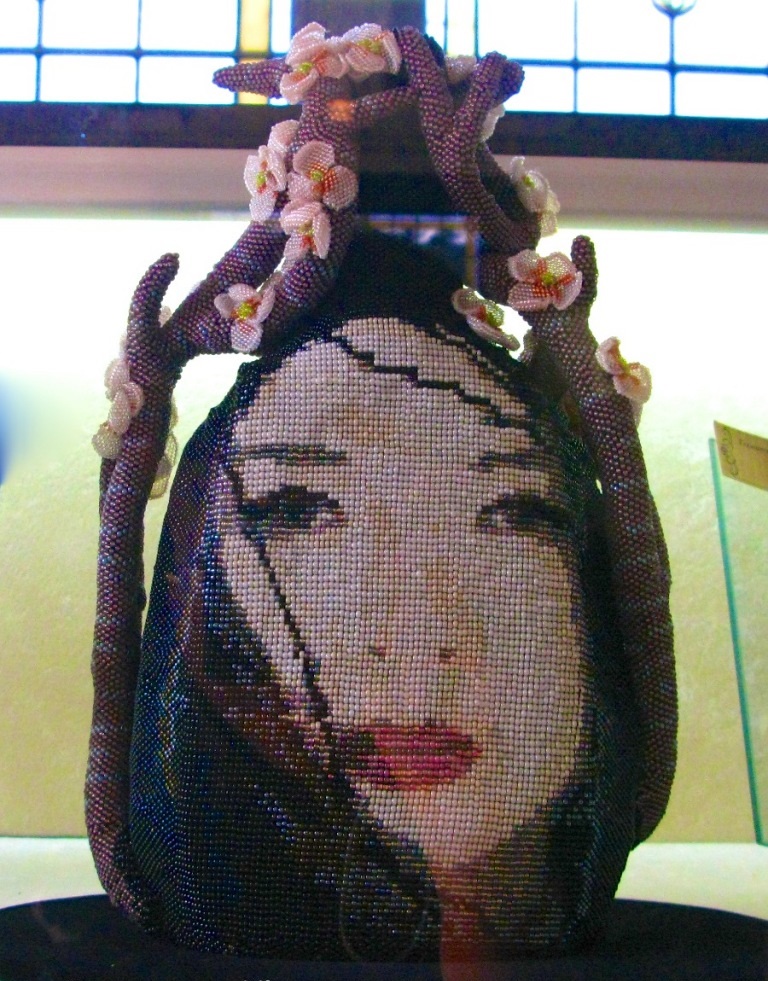
Standing on Hijiyama hill, a part of the park above the city, this museum opened in 1989 as the first modern Art museum of the city. The basic themes of the collections are; (1) primary art works that shows the history of modern art after the Second World War (2) fine art works showing the relation between Hiroshima and modern art (3) fine art works by potential young artists.
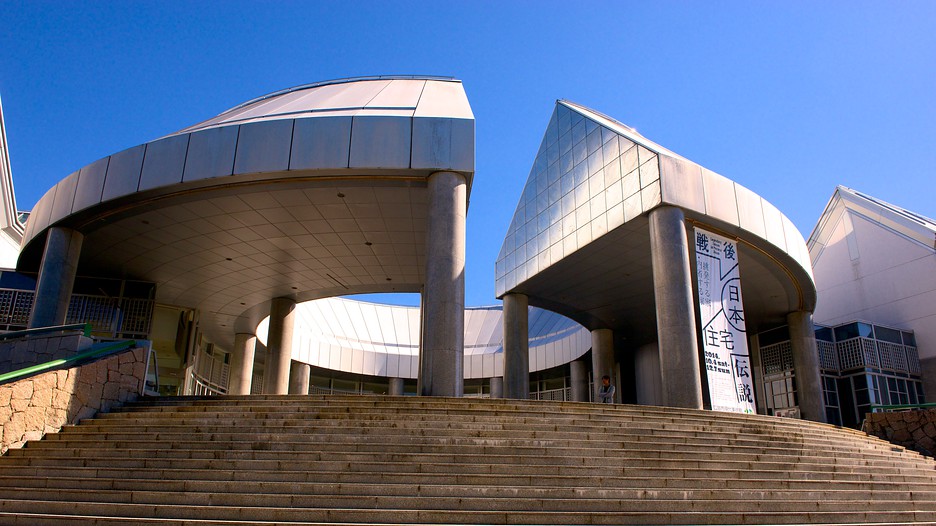
In 1986, after renovating old facilities and its contents, the museum reopened as an urban-type museum with good amenities, concentrating on forming a balanced picture with the adjacent lush green "Shukkei-en", a nationwide famous garden. The museum possesses and exhibits several pieces of art works associated with Hiroshima prefecture, Japanese/Asian art crafts, and other displays featuring art works created in the 1920s-30s period. The museum owns over 3500 pieces.
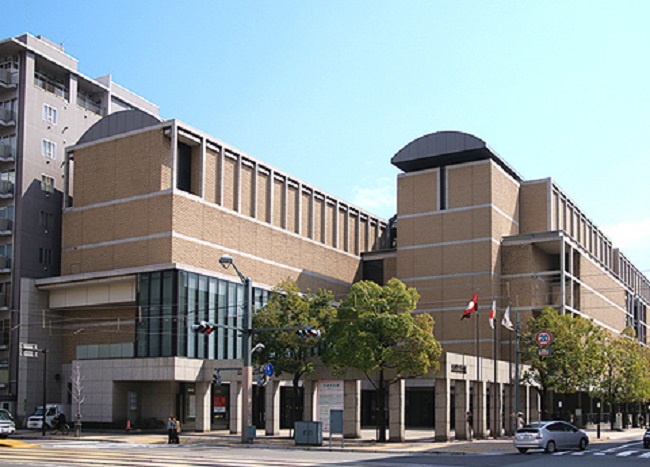
Honkawa Elementary School located within 410m of the burst point, the closest place to the center of the explosion was one of the worst hit places. Although the bombed building had been repeatedly maintained and repaired, most of buildings had been taken away during the renovation of school building except for parts of the bombed building and the base-ground. The remaining parts and the basement had been maintained and preserved then opened in May 1988 as "The Peace Museum". The school was featured in a graphic novel called "Hadashi-no-Gen" drawn by Keiji Nakazawa who studied at this Honkawa Elementary School.
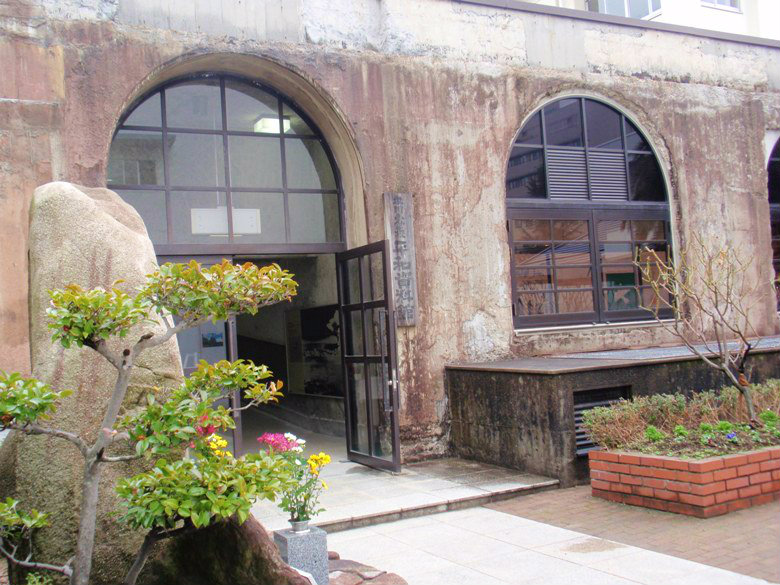
Hiroshima Peace Memorial Museum has continuously appealed for the elimination of nuclear armaments and the realization of permanent world peace. It is divided into east building and main building. At the east building, the history of Hiroshima (Hiroshima-no-ayumi) dealing with the A-bomb exposure period is presented through picture panels, films, and figures concerning factors related to the historical background at the time. In the main building, the museum shows the devastation caused by the atomic bomb in detail. Peace Memorial Park, in which this museum is located, is known as a famous cherry blossom viewing site.
